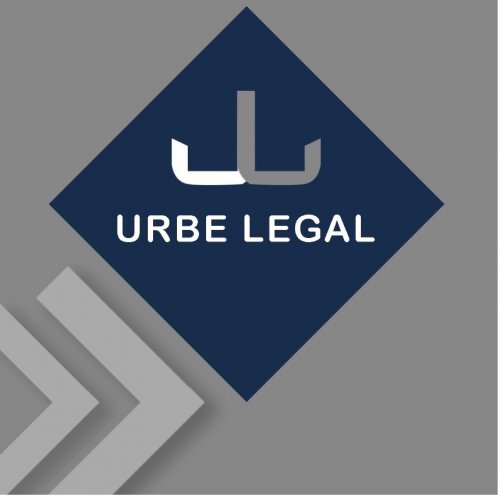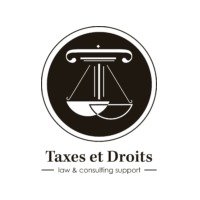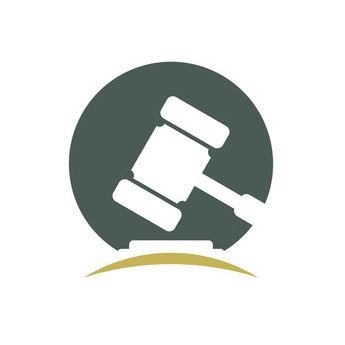Best Financial Services Regulation Lawyers in Guatemala
Share your needs with us, get contacted by law firms.
Free. Takes 2 min.
Or refine your search by selecting a city:
List of the best lawyers in Guatemala
About Financial Services Regulation Law in Guatemala
Financial services regulation in Guatemala is governed by a variety of laws and regulations designed to ensure the integrity, transparency, and stability of the financial system. The regulatory framework includes oversight of banks, financial institutions, securities markets, and various financial products. The main regulatory authority is the Superintendent of Banks (Superintendencia de Bancos, SIB), which ensures that financial entities comply with local laws and international standards. Additionally, the Monetary Board (Junta Monetaria) plays a critical role in formulating and overseeing monetary and financial policies. These regulations aim to protect consumers, prevent fraud, and support the overall financial system's efficiency and security.
Why You May Need a Lawyer
There are several scenarios where individuals or businesses may require legal assistance in the realm of financial services regulation in Guatemala:
- Compliance Issues: Navigating the complex regulatory environment, ensuring that your business or personal financial activities comply with local laws and regulations.
- Dispute Resolution: Addressing conflicts arising from banking, investment, or financial contracts.
- Licensing Requirements: Assisting in obtaining necessary licenses and permits for operating in the financial sector.
- Consumer Protection: Understanding your rights and resolving issues with financial institutions.
- Investment Guidance: Providing legal insights on investment opportunities and associated regulatory requirements.
Local Laws Overview
Key local laws and regulations relevant to financial services in Guatemala include:
- General Law of Banks and Financial Groups: Regulates the establishment, organization, activities, functioning, and liquidation of banks and financial groups.
- Law of the Superintendent of Banks: Establishes the functions and responsibilities of the SIB to supervise and regulate financial institutions.
- Securities Market Law: Governs securities markets, including trading, regulation of participants, and protection of investors.
- Anti-Money Laundering Regulations: Implement measures to prevent money laundering and terrorist financing, ensuring compliance with international standards.
Frequently Asked Questions
What is the main regulatory body for financial services in Guatemala?
The Superintendent of Banks (Superintendencia de Bancos, SIB) is the primary regulatory authority overseeing financial services in Guatemala.
Are there specific regulations for foreign banks operating in Guatemala?
Yes, foreign banks must comply with the same regulatory standards as domestic banks, and may also need to obtain additional approvals or meet specific requirements laid out by local authorities.
What are the key consumer protection laws in financial services?
There are several laws aimed at protecting consumers in financial services, including provisions in the General Law of Banks and Financial Groups and regulations issued by the SIB.
Is it necessary to obtain a license to provide financial advisory services?
Yes, providing financial advisory services typically requires obtaining a license from relevant authorities to ensure compliance with local laws and safeguard consumer interests.
How can I file a complaint against a financial institution?
Complaints can be filed with the SIB, which provides a mechanism for addressing and resolving consumer grievances against financial institutions.
What are the penalties for non-compliance with financial regulations?
Penalties vary depending on the severity of the non-compliance but may include fines, suspension of operations, or revocation of licenses.
Can I invest in Guatemalan securities markets as a foreigner?
Yes, foreigners can invest in Guatemalan securities markets, but they must comply with applicable regulations and potentially obtain necessary clearances.
Are there regulations specifically for digital financial services?
There are emerging regulations and guidelines governing digital financial services, focusing on ensuring security, consumer protection, and compliance with existing financial laws.
What should I consider before taking a loan from a bank in Guatemala?
Consider factors such as interest rates, terms and conditions, any hidden fees, and the regulatory compliance of the bank offering the loan.
How can I ensure compliance with Guatemalan financial regulations as a business owner?
It is advisable to seek legal counsel with expertise in financial services regulation to ensure your business operations meet all regulatory requirements.
Additional Resources
Here are some resources and organizations that can provide further information and assistance:
- Superintendent of Banks (SIB): The primary authority for banking and financial regulation.
- Monetary Board of Guatemala: Responsible for monetary policy and financial system oversight.
- Guatemalan Ministry of Economy: Provides information and support for businesses in the financial sector.
Next Steps
If you require legal assistance in financial services regulation, consider the following steps:
- Identify Your Needs: Clearly define your situation and the legal assistance you require.
- Research Legal Experts: Look for reputable lawyers or law firms specializing in financial services regulation in Guatemala.
- Consultation: Arrange a consultation to discuss your needs and the potential legal approaches.
- Engage Legal Services: If satisfied with the consultation, engage their services to assist with your legal issue.
Lawzana helps you find the best lawyers and law firms in Guatemala through a curated and pre-screened list of qualified legal professionals. Our platform offers rankings and detailed profiles of attorneys and law firms, allowing you to compare based on practice areas, including Financial Services Regulation, experience, and client feedback.
Each profile includes a description of the firm's areas of practice, client reviews, team members and partners, year of establishment, spoken languages, office locations, contact information, social media presence, and any published articles or resources. Most firms on our platform speak English and are experienced in both local and international legal matters.
Get a quote from top-rated law firms in Guatemala — quickly, securely, and without unnecessary hassle.
Disclaimer:
The information provided on this page is for general informational purposes only and does not constitute legal advice. While we strive to ensure the accuracy and relevance of the content, legal information may change over time, and interpretations of the law can vary. You should always consult with a qualified legal professional for advice specific to your situation.
We disclaim all liability for actions taken or not taken based on the content of this page. If you believe any information is incorrect or outdated, please contact us, and we will review and update it where appropriate.
Browse financial services regulation law firms by city in Guatemala
Refine your search by selecting a city.

















